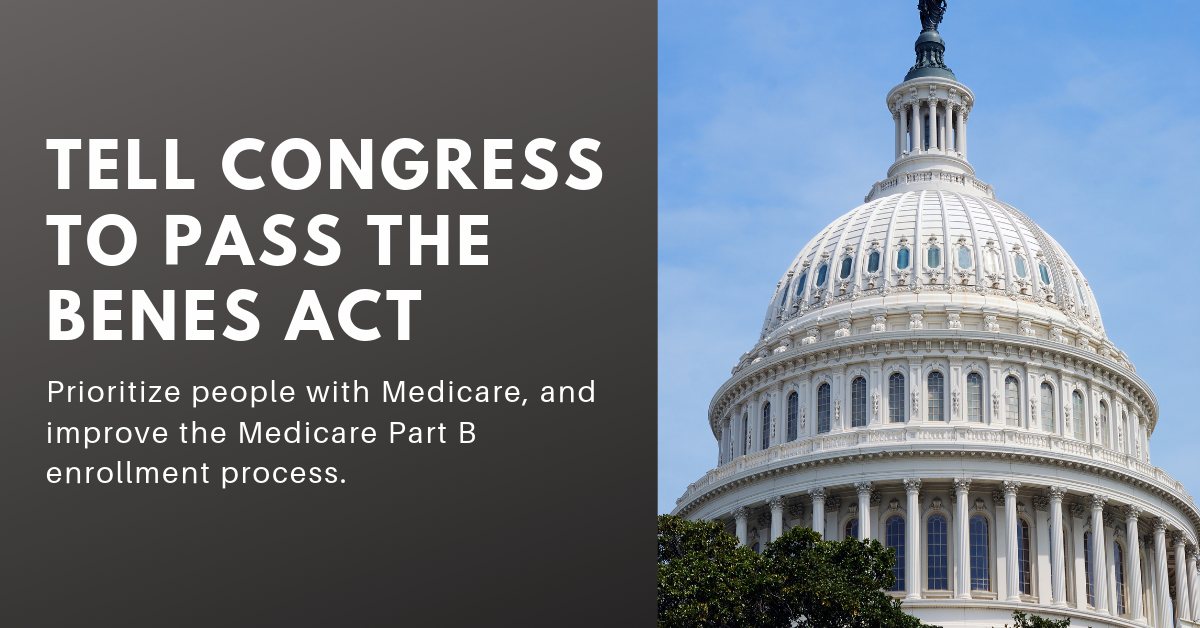
U.S. House Moving Forward with Drug Pricing Bill
Lawmakers in the U.S. House of Representatives are continuing work on their drug pricing bill, H.R. 3, with hopes of holding a vote later this month.
Unveiled in September, H.R. 3 includes a number of provisions that would improve prescription drug access and affordability for people with Medicare. Among the bill’s critical reforms are those allowing Medicare to negotiate drug prices; the imposition of inflationary rebates on certain drugs in Parts B and D; and a restructuring of the Part D benefit that would cap out-of-pocket costs, reduce the federal government’s liability, and better align pricing incentives.








